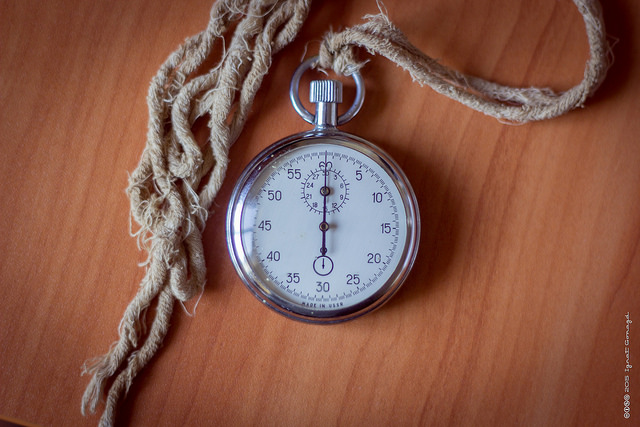
How Much Time Should You Devote to Revising Your Writing Work
One of the most commonly asked questions about writing is how much time should we be devoting to revising our writing work. And the common answer is: however much time it takes.
That doesn't really help, does it?
Most of the time, writing well involves revisions. And the number of revisions and time needed greatly depend on the type of document and the writer's skill. For bloggers, this could mean one thorough review to catch mistakes. For the perfectionists in the audience, it could mean multiple revisions and perhaps a cupful of anxiety to go along with them. For novelists, revising a novel takes considerably longer, so more time is needed to produce a polished manuscript.
The question then is, how much time should you spend on revising your writing work without pulling your hair out or sabotaging your other tasks?
Spending too much time on the review can lead to insanity or boredom, and spending too little time can result in errors getting through to the final draft.
Rushing to get a product out can lead to a poorly written user manual. Is that going to sabotage the product? Not necessarily unless the user can't figure out how to use the product because the instructions are poorly written. The buyer isn't going to keep the program if he can't use it. However, if he can figure it out, then he'll keep the program if he finds enough value in it.
Reviewing your work and focusing on one error at a time might be the most effective way to catch mistakes, but certainly not the most efficient. The trick is devoting enough time to it and then calling it good enough so you're not obsessing over it and driving yourself crazy. But you also need to feel good about your writing work.
One good way around the obsession phase is getting a friend or hiring a proofreader to review your work to catch errors. If that isn't an option, give it a thorough review and then set it aside for a day or two (at least a few hours). When you return to it, you will be able to see it through fresh eyes. Repeat this process until you feel comfortable with your work.
The important thing to remember is that once you've given it your best and you're finished with revising your work, don't beat yourself up if later you find an error. Go ahead and fix it if you can. And then move on. Keep moving forward and focusing on your goal.
- It’s been a long time… - February 10, 2024
- Realizations About Tracking Progress - May 28, 2020
- Goal Setting & Productivity 101 - May 25, 2020
